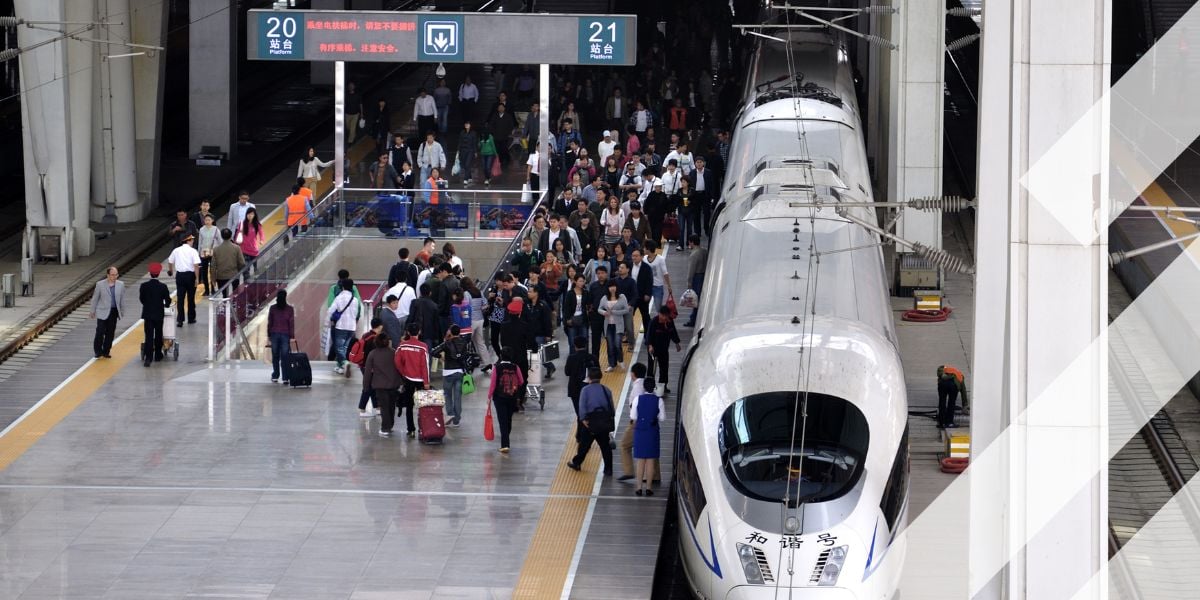Ageing Parking Infrastructure: Pittsburgh meets the challenge head-on
David G Onorato, CAPP, is Executive Director for the Public Parking Authority of Pittsburgh, Pennsylvania, and Past Chair of the International Parking & Mobility Institute (IPMI). Pittsburgh is doing its level best to maintain the quality of its parking structures in the face of nothing short of a funding crisis in an era where the concept of remote working is having an adverse effect on its ability to keep track of technological developments. He spoke with Intertraffic and provided a fascinating insight into what it is to run a parking authority in the US in 2024.

Intertraffic: So can you tell us about the situation in your own city? What’s the main issue with Pittsburgh's parking inrastructure? Is it particularly old or particularly ageing? Do you have problems that are specific to Pittsburgh or are they perhaps just part of a national issue?
David G Onorato (DGO): I think we're part of a national issue. Pittsburgh has under our purview 12 garage facilities and the majority of them are probably at least 50 years old. So they're all showing their age to a certain extent, largely due to wear and tear. Some of the cities, like ours, have weather conditions that play a part in that, in our case snow. Then we have snow removal, which brings in salt and calcium and into the garages and that causes faster deterioration of the cement. So one of our main goals too, is to make sure our garages are structurally signed. Our fear is that there's been a lot of incidents in the US with bridges lately. They're showing the same wear and tear as our garages. In February this year the Fern Hollow Bridge in Pittsburgh collapsed due to neglect on maintenance – the Authority doesn't want that happening with our garages. We have a very regimented process to make sure our garages are structurally sound. Like most public agencies, we have what are called bonded ventures that are required to have an outside engineer every year compile a report of all of our garages’ structural stability. Each year we prioritize the most critical needs first. A full restoration can cost approximately $6-8m and can extend the life of the garage for 15-20 years. Over the last decade we have been able to tackle five garages for full restoration, but it is an ongoing process. We also do as much preventative maintenance as we can to prolong usage, but that also comes with a cost and is only a stop-gap measure.
Over the last five or six years we highlighted the garages that were most in need of repairs and we probably estimated between $6m and $8m per facility for that year
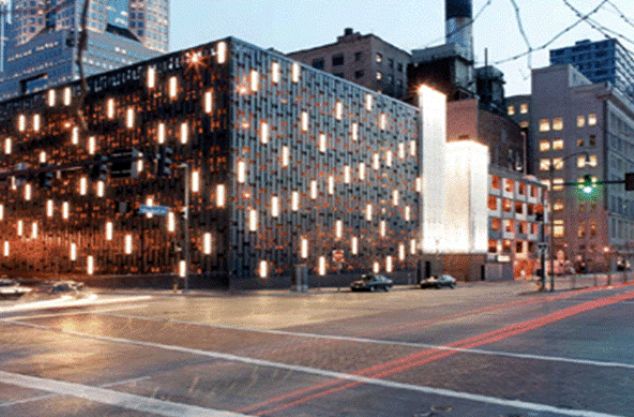
Intertraffic: If you're spending a minimum of $6m on each parking structure and you've got 12 of them that's $72m you’re spending on repairs. Spread that across all 50 States and of course there's obviously a lot of States with many more that, and that's a huge amount of money being spent on updating parking infrastructure. I imagine that it's a lot cheaper than the building new ones, though.
DGO: Yes, we're fortunate enough to be able to do these repairs with pay-as-we-go-money. You're exactly right at the cost of a new garage. You know, we're just looking now, because right before COVID we identified one of our garages that we weren't going to repair – we were going to take down and build a new one. And it was on his last life cycle so we tore it down right before COVID, and had the bid documents ready and were all set to issue new debt. And yes it was much more expensive. However, COVID put a hold on that. We haven't done anything with that site yet. It's still a clean site, and the demand isn’t back to pre-pandemic levels, so instead of building new we're repairing the majority of our garages. Out of the 12 I mentioned earlier, nine of them are located in that core business district area.
Right before COVID we identified one of our garages that we weren't going to repair – we were going to take down and build a new one. However, COVID put a hold on that and we haven't done anything with that site yet
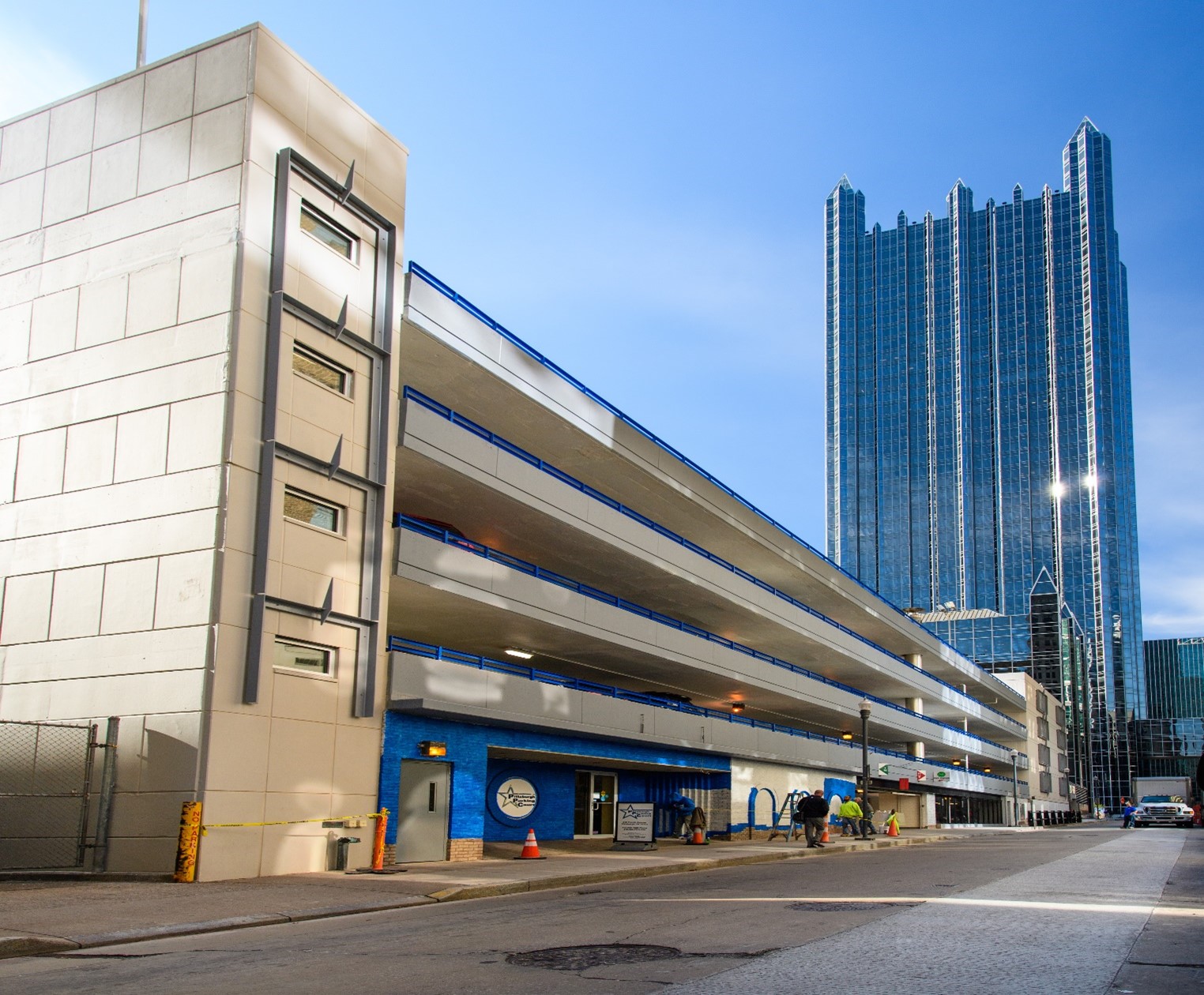
Intertraffic: Much of the smart mobility sector’s work is on the notion of reducing our reliance on the car, charging drivers for entering city centres and particular zones and choosing alternative modes of transport, or even not choosing any mode of transport and working from home. How do schemes and programmes like that affect the car park sector?
DGO: I can only really talk about Pittsburgh here but Rapid Transit is not the strongest suit in this city, so we do have the majority of our people driving into downtown. But since COVID, the advent of remote working has drastically affected the parking needs and demands in Pittsburgh. Besides the 12 garage structures I also have 10,000 on-street and off-street metered spaces. So our rate structure is devised in such a way that it's more advantageous for someone to park on the street for the short term. Long-term parking price-wise, you're better off in the garages. We try to control drivers’ habits with pricing. The demand for the kerb is now multi-divisional: it's not just parking anymore, there's the eateries that are now taking up space on what used to be the kerb parking, there's bike lanes, there's ridehailing drop-offs and so on. So there's a lot more demand for the kerb spaces other than just parking. We're dealing with that too. We’re trying to devise a way to have the vehicles in the garage all day to open up the kerbs for these new post-COVID activities.
The demand for the kerb is now multi-divisional: it's not just parking anymore, there's the eateries that are now taking up space on what used to be the kerb parking, there's bike lanes, there's ridehailing drop-offs and so on
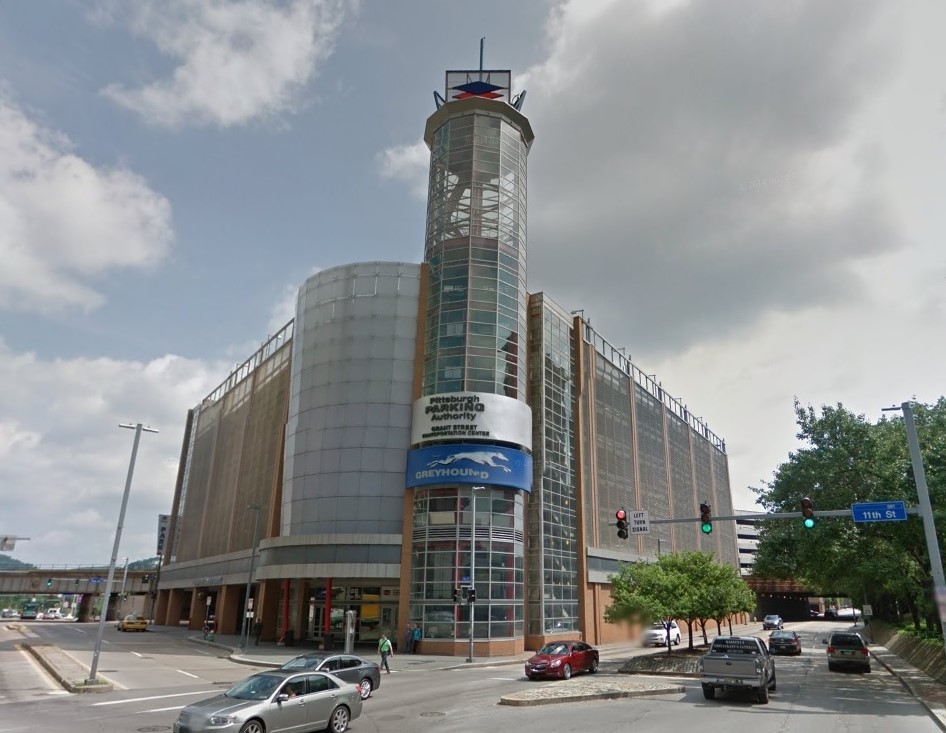
Intertraffic: Are you able to talk about what those ways might look like?
DGO: We've been running a couple of pilot programmes to gather data for the last year and we entered into a pilot programme with a company called Automotus where we put up cameras and created around 70 smart loading zones. We wanted to collect the data to see who was using the zone and what kind of abuse was there, and we got a lot of good information. The interesting thing there was we were missing about 70% of the violators because of our enforcement unit was so understaffed - we're having difficulty hiring and maintaining the staff so we're looking to do automated enforcement. Just a couple of months ago, I got city legislation passed and the Mayor signed off on it, so I'll be able to do ticket-by-mail on the streets. This is really big news in the US because we're the first city to do that on a large scale. In addition to being a more efficient use of time and officers, this is also much safer for the officers, which is also a concern.
Just a couple of months ago, I got city legislation passed and the Mayor signed off on it, so I'll be able to do ticket-by-mail on the streets. This is really big news in the US because we're the first city to do that
Intertraffic: Congratulations – what happens now?
DGO: We’re going to roll out ticket-by-mail in August. I've already been contacted by a couple of other large cities that they're watching. We just came back from the IPMI [International Parking & Mobility Institute] conference in Columbus, Ohio and everybody wanted to talk about it so all eyes are on us. I think that's going to be an industry changer for us here as the US will be catching up with European cities. All the major cities that I've talked to hope it's successful and we here at Pittsburgh have agreed to offer assistance to any city wanting to get legislation passed
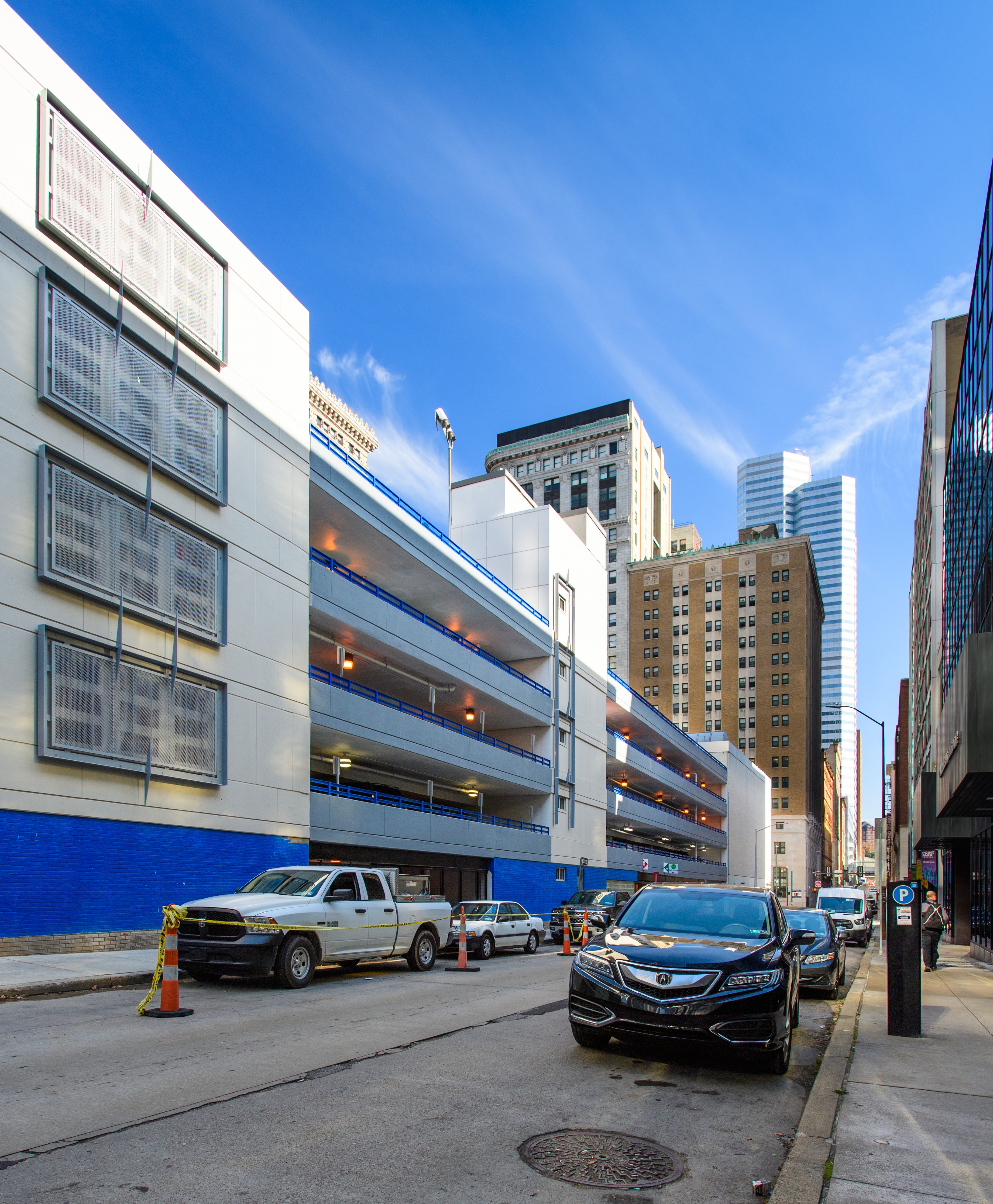
Intertraffic: How do you see the next five years panning out in the parking sector in Pittsburgh?
DGO: We’re expected to cover more different types of parking needs now, so I think the automation of kerbside technology is going to be very important going forward. I think the kerb space is going to be much more advanced than the garages in the next couple of years. Although a lot of parking garages are going gateless now, but in Pittsburgh we have oversell our leases based on location and usage. Previously people wanted a monthly lease but now it's changed and they're looking for a two- or three-days-a- week lease, or maybe, 40 hours a month where they don't have to pay but they have a lease to get in and on. New equipment is going to be able to handle that and we're going to integrate the garages with our phone apps. So you can pay for the garage activity through the phone and apps. We have four different phone apps for Pittsburghers to choose from.
From my standpoint, when I leave the industry, I want to leave Pittsburgh in a better place than I found it in terms of parking structures. Somebody recently asked me ‘What's your biggest fear in your job?’ and my fear is waking up to hear of a garage collapse. This is why it’s so important that we maintain our structures, because that's the worst thing that can happen in this industry. As long as I'm here I know we can't guarantee that nothing like that will ever happen, but it's not going to happen from a lack of maintenance and repairs.




